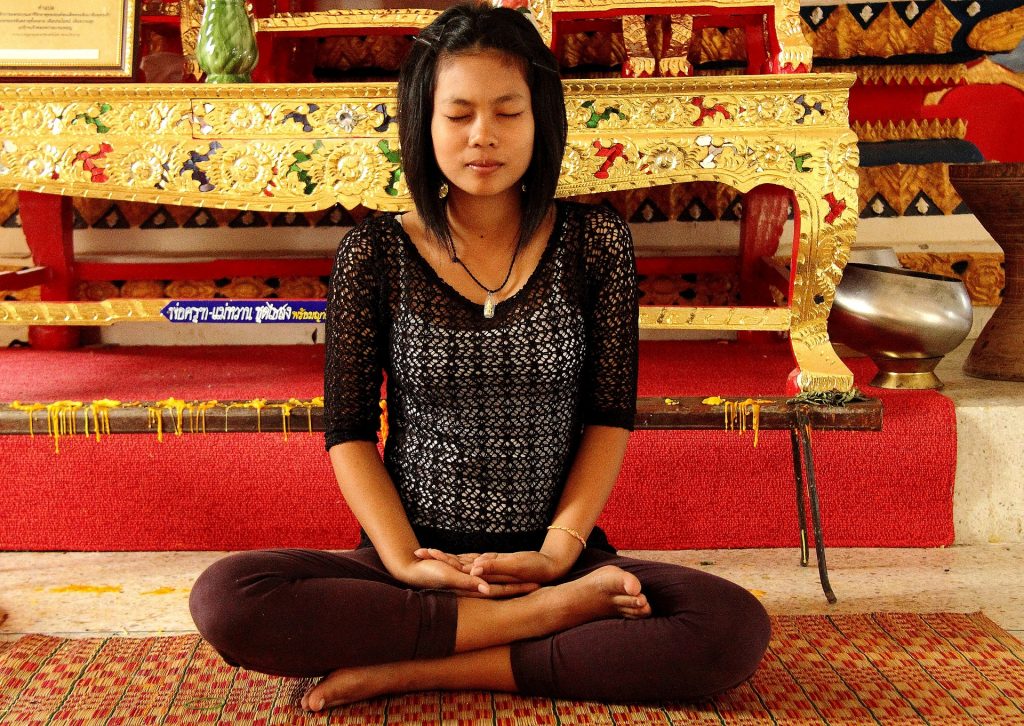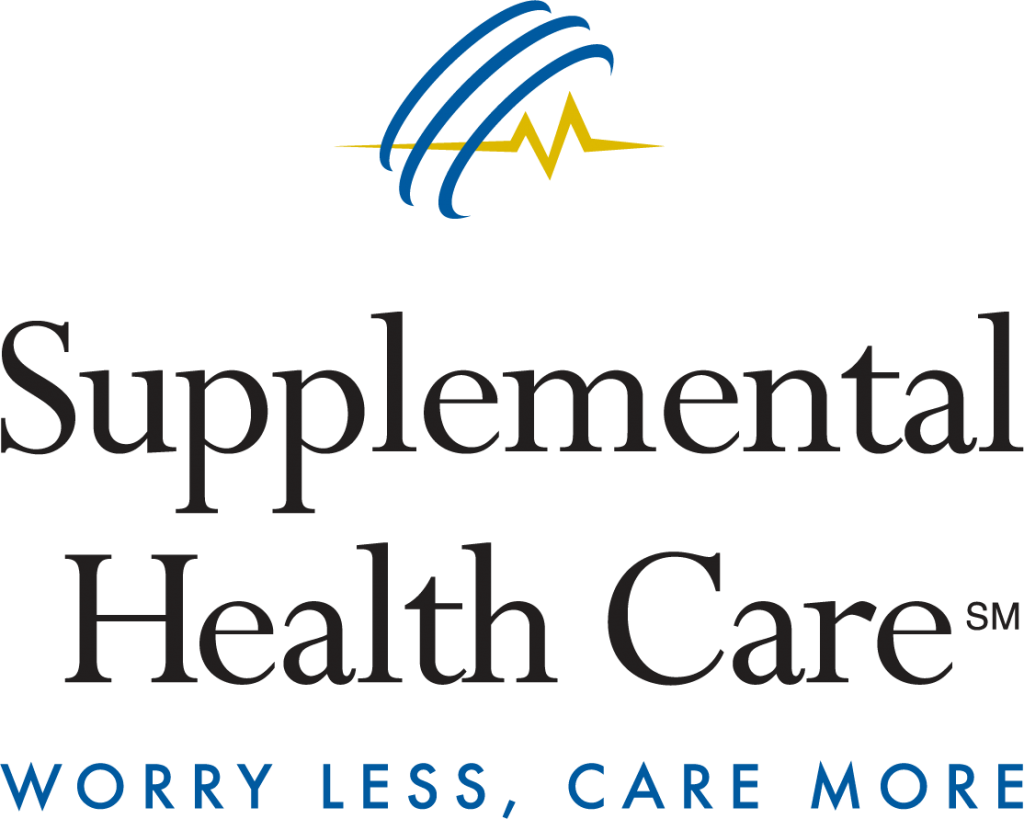Article written by Supplemental Health Care
Many see healthcare professionals as heroes with unwavering strength, especially the travelers that drop everything to be where they are needed in times of crisis. However, the personal risk and frustration can be painful to our strongest clinicians.
In a recent survey, the Centers for Disease Control and Prevention (CDC) found many essential workers were experiencing a mental health crisis caused by the pandemic. Thankfully, there are many resources and techniques available for healthcare workers and travelers to help them navigate this pandemic.

Self-Care
Self care is always important, but even more so if you take care of others for a living. You cannot give to others what you don’t have yourself. Working 12-hour shifts is exhausting: physically, mentally and emotionally. Physically, running around and being on your feet takes a lot out of you. The mental strain of complex problem solving, decision making, and impulse control can quickly become overwhelming. And emotionally… being a great healthcare professional means you care. These are in fact trying times and can cause stress and anxiety for anyone.
Take a Break
Take time for yourself! Limit access to things that cause you to stress and surround yourself with activities and things that bring you joy. If you are an avid reader, don’t read the news, it can add to your stress and anxiety. Instead, find a good book and get lost in the story. Walks outside in nature can be rejuvenating in so many ways. Fresh air and sunshine can help regulate emotions and improve memory function. If you prefer to stay inside, have an at-home spa day. Take a “staycation” on your next day off. Do whatever you need to relax and unwind.
Physical Maintenance
Taking time for yourself does a lot to reset your mental state, but don’t forget about your body when thinking about mental wellbeing too. Your body needs the appropriate fuel to operate, be that rest, food, or oxygen. Sleep is imperative for various aspects of brain function including memory, focus and mood and the right food can make a difference in how you feel.
Breathing seems pretty straightforward; however, the way you breathe affects your whole body. Breathing exercises are a good way to help relieve muscle tension and reduce stress. There are several different techniques (belly breathing, box breathing, roll breathing, etc.), we suggest trying a few to find what works best for you. Meditating is another great way to use your breath for calm.

Meditate
Meditation can be very helpful before or after a long shift. According to the Mayo Clinic, it “can give you a sense of calm, peace and balance that can benefit both your emotional well-being and your overall health.” If you aren’t sure how to get started, add a guiding app on your smartphone.
The American Nurse Association (ANA) launched a well-being initiative as a resource for nurses’ mental health and resilience. The program includes easy access assistance like apps to offer support whenever needed. For example, Moodfit is customized for nurses to support wellness goals. It enables users to set personal goals like mindfulness, meditation, and breathing exercises. It even facilitates customized reminders to schedule appropriate times for needed breaks.

Talk to a Professional
It’s important to recognize when talking to a professional may be the best next step. Luckily, many organizations have prioritized the improvement of telehealth to protect their patients. This effort extends to therapy and counseling for healthcare workers. Talkspace, the world’s leading online therapy company, provides free therapist-led Facebook support groups and a 16-day anxiety relief program to reduce and manage stress about COVID-19.
Connect with Your Community
Know you are not alone in the fight. There’s a large community of healthcare professionals going through the same issues. Find a local support group where you are assigned and reach out to other professionals struggling with the same difficulties.
ANA also provides a virtual, judgment-free space via Zoom called Nurses Together: Connecting Through Conversations. This space connects nursing peers to share thoughts, seek support, and ask questions. These are peer-to-peer calls that are scheduled throughout the 24-hour day and offered 7 days a week.
Whatever you decide to do, remember this is a global issue that is very personal as a healthcare traveler. Be gentle with yourself and find your best way to cope with these difficult and stressful times. Supplemental Health Care wants to support our healthcare professionals with resources for mental health and wellness so they can worry less and care more.
Author Bio:

Supplemental Health Care has a national network of offices and over 30 years of experience to support you in your travel career. With travel assignments across the country in a variety of settings and disciplines, we find the right fit for you so you can Worry Less, Care More. Connect with us @shccares on Facebook, Instagram, Twitter, and LinkedIn or subscribe to our blog for more advice and stories for healthcare travelers.

